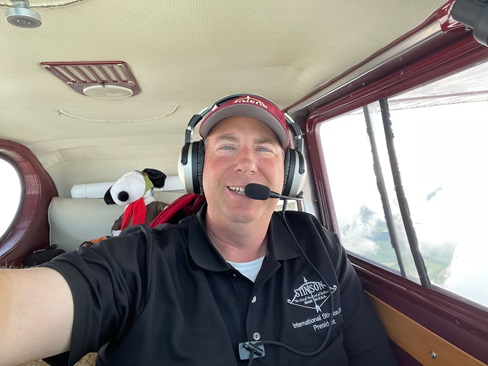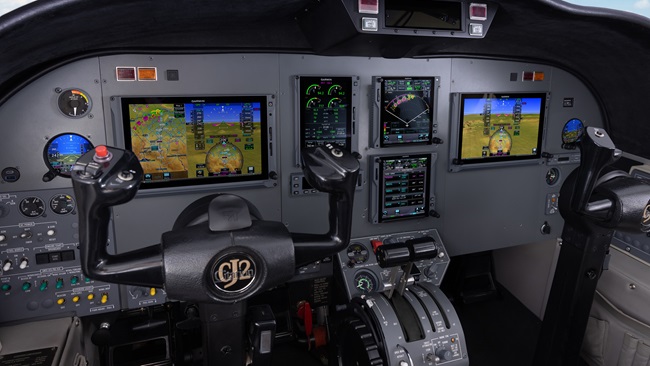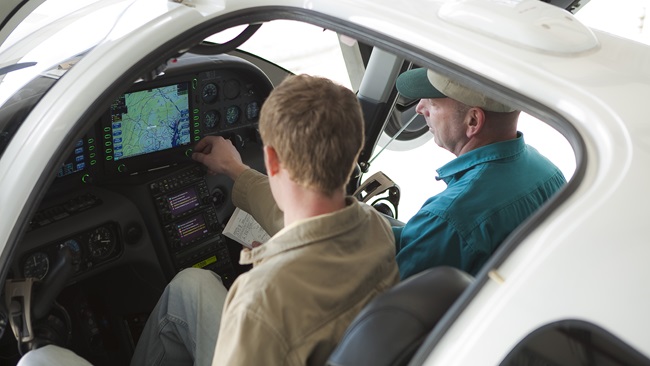ADS-B privacy now available
FAA launches Privacy ICAO Address program
The FAA’s Privacy ICAO Address (PIA) program, announced in early November, quietly went live Thursday, December 19. PIA allows aircraft operators to increase operational privacy by requesting an alternate, temporary ICAO aircraft address that is not associated with the aircraft owner in the Civil Aviation Registry.
It allows U.S.-registered aircraft equipped with 1090 MHz Extended Squitter (Mode S transponder) ADS-B Out technology, using a third-party call sign, and flying in U.S. domestic airspace to opt out of real-time public ADS-B flight tracking. In this first phase the FAA will operate and maintain the service; during 2020 it will be transitioned to third-party service provider(s) who will assume operational responsibility.
In addition, each PIA applicant must demonstrate that their transponder is performing correctly, before and after the FAA issues a PIA, by obtaining and submitting reports from the FAA’s Public ADS-B Performance Monitor. These tests are required to safeguard the system from incorrect PIA installations, according to the FAA’s PIA User Guide.
The National Business Aviation Association was a lead proponent for PIA, and NBAA has published helpful guidance online.
AOPA has long supported a privacy solution for 1090ES ADS-B and has been actively involved with the FAA, NBAA, General Aviation Manufacturers Association, and others to reach this solution. “Privacy is a key issue for general aviation pilots and, as nearly 85 percent of aircraft owners are equipping with 1090-MHz ADS-B systems, it is important this effort move forward,” said Rune Duke, senior director of airspace, air traffic, and aviation security. “Work must also continue on a long-term privacy solution for ADS-B and operator data.”
The PIA program is limited to domestic operations because other ICAO member states do not currently offer this capability, and aircraft equipped with 978 MHz Universal Access Transceiver (UAT) ADS-B avionics, including dual 1090/UAT-equipped aircraft, cannot participate, although they are able to continue using the UAT’s anonymous mode if they are not on an IFR flight plan or receiving ATC services. Initial discussions are underway to expand the PIA program to include Canadian airspace.




